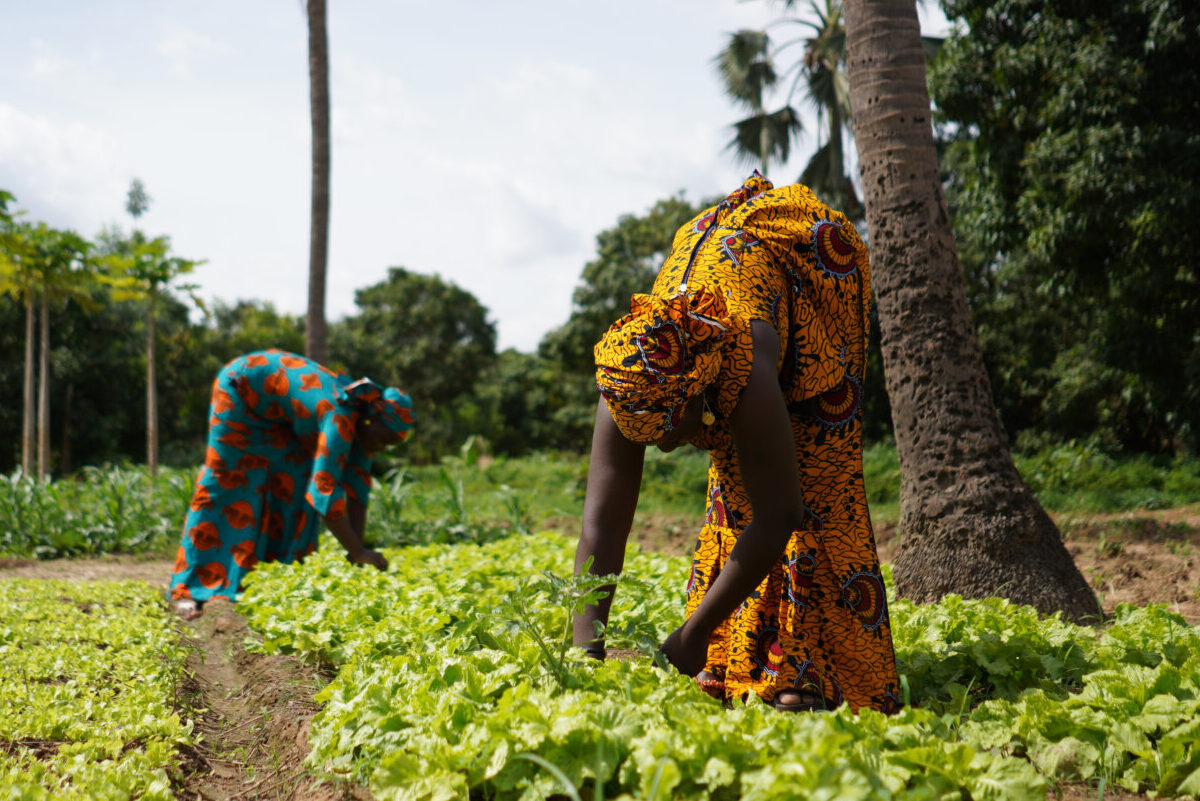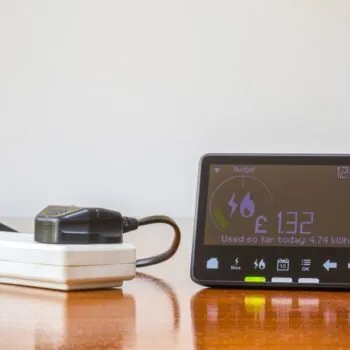Despite the global benefits, agricultural research and development in low-income countries suffer from a severe lack of investment compared to high-income and leading middle-income economies. A political declaration at COP27 focused on mobilising the necessary domestic and international resources for innovation for agricultural adaptation in Africa, would ensure this issue receives the critical attention and resources it deserves.
COP26 went some way to increasing the focus on the nexus between agriculture and climate change and how innovation can play a part in reducing both the impact agriculture has on the climate and the impact climate change will have on agriculture.
It did not, however, go far enough in mobilising resources and attention around the specific, and most urgent, needs of low- and middle-income countries (LMICs), particularly those in Africa – the very countries that will suffer the most substantial impact on their agricultural sectors and food systems – whilst contributing the least to emissions.
Action in this area is urgent. African agricultural systems are already experiencing the impact of climate change, and this is accelerating, intensifying food insecurity on the continent with more than one in five experiencing hunger in 2020. Without action to improve African agricultural productivity and resilience, demand for agricultural land will continue to grow, leading to increased emissions through land use change and deforestation, as well as the loss of biodiversity and natural habitats. This will have climate, development, and security implications within and beyond Africa.
Global action on climate change, such as COP meetings, have tended to neglect food and agriculture as an issue in the past, and to marginalise the needs of LMICs. A political declaration dedicated to mobilising more investment in and policy attention to innovation that will help agriculture and food systems in African countries adapt to climate change is therefore urgently needed to shift attention and resources to this crucial issue. Such an initiative would be an opportunity to use COP27, hosted by an African country, to build on the leadership the UK Presidency, US, UAE governments and others already demonstrated on innovation in agriculture at COP26 – this time by concentrating on how to fill the gap in resources in Africa.
We are therefore calling on:
- The UK as the current COP President, Egypt as the incoming Presidency, and other key countries, including Germany as this year’s G7 president, to promote the idea of a political declaration focused on innovation for agricultural adaptation in Africa, built around the priorities and needs identified by those leading RDD for innovation in Africa.
- A broad range of donors to sign up as supporters of the declaration and to pledge financial support, primarily in the form of multilateral and bilateral grants.
- All partners to sign up to the principles and policy commitments outlined in the declaration.
To ensure the declaration is a meaningful contribution to the effort to improve adaptive capacity in Africa, the content of the declaration should be co-crafted by African regional organisations, governments and networks leading on agricultural research on the continent in partnership with potential donors.
Claire Hickson is Director of Trio Policy, which is partnering with E3G in its work on mobilising finance for innovation for agricultural adaptation in Africa.


